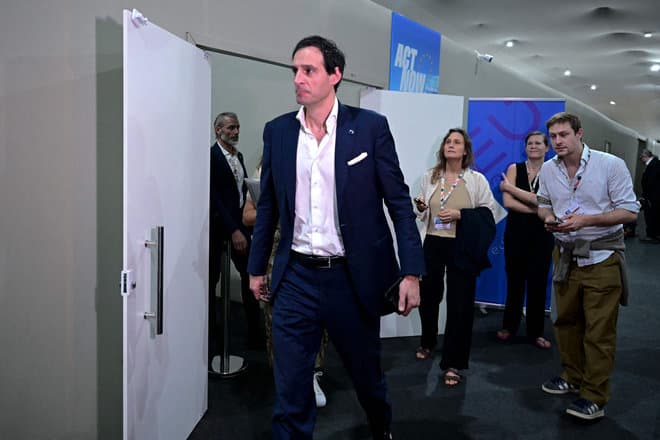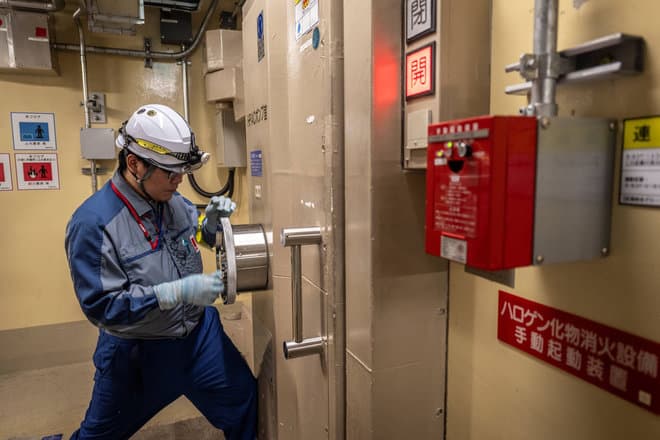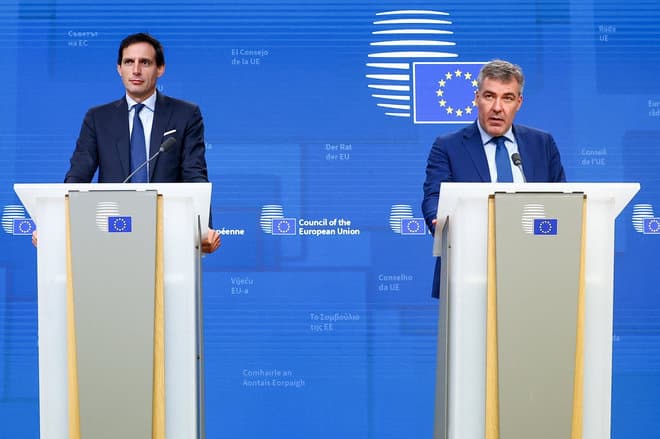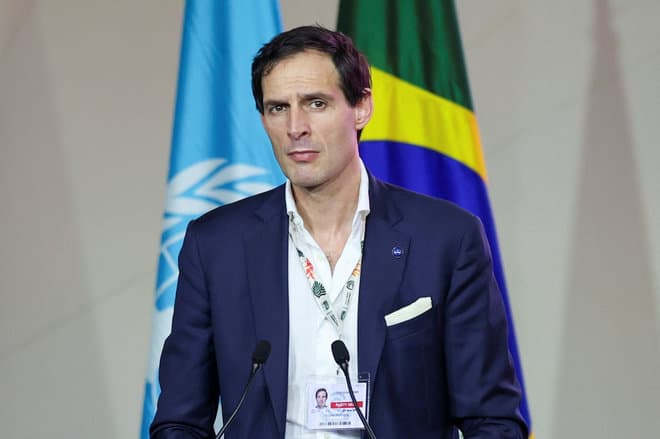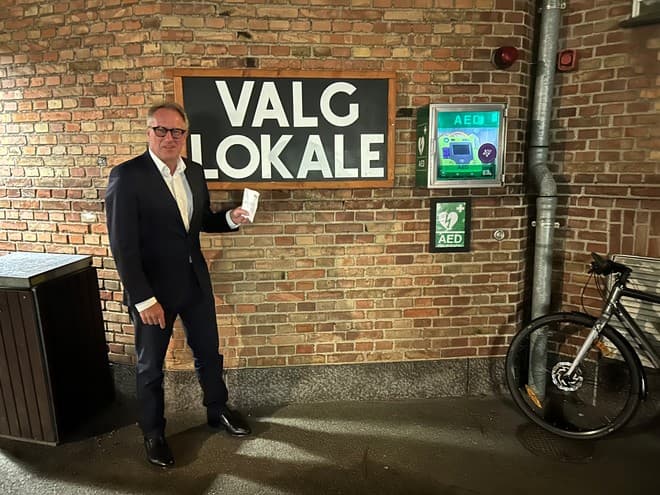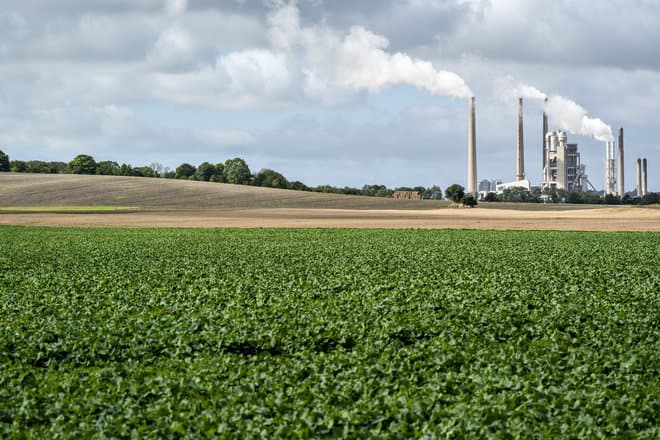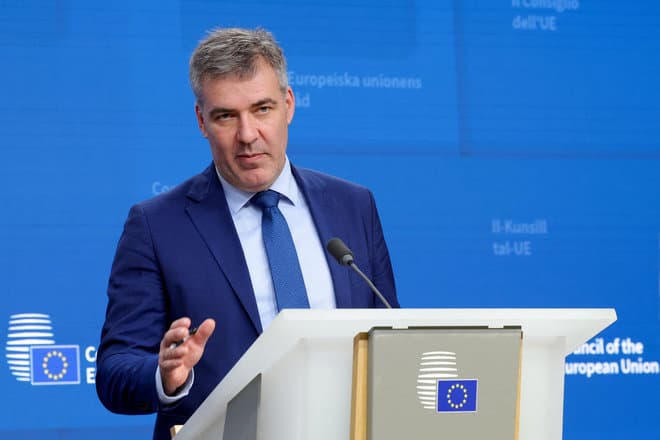
The world community has agreed on an agreement at the COP30 climate summit in the Brazilian city of Belém.
It has just been adopted in the plenary hall of the summit, where the Brazilian presidency has finally knocked on the table.
The negotiations have lasted two weeks and had to be extended into overtime on Friday because the countries have been so divided.
The agreement calls on the world's rich countries to increase financing for climate adaptation in poor countries from the current target of 40 billion to 120 billion dollars by 2035.
But in several places, what the agreement does not contain is causing more concern.
The EU, the Brazilian hosts, small island states and the group of the world's poorest countries have fought for the climate summit to show a path away from fossil fuels and towards a reduction in greenhouse gases that can keep global temperature increases to 1.5 degrees.
It has not been possible to get the text adopted.
The resistance from oil states and large developing economies has been too great.
While the EU has wanted to strengthen the world's commitment to reducing greenhouse gas emissions, it has ended up having to fight to preserve the climate commitments of previous agreements.
It has been a struggle to retain references to what the world community agreed on at COP28 in Dubai – that the world must transition away from fossil fuels.
But the EU has chosen to enter into the agreement because, after all, it has adopted paragraph-based references that continue the agreement from Dubai.
At the same time, it has been agreed to hold a new high-level meeting next year, where the reduction of greenhouse gases will be debated.
The EU and Denmark are honest about the fact that the agreement is disappointing.
- We support it because it is at least a step in the right direction, said Climate Commissioner Wopke Hoekstra when he announced that the EU was ready to accept the latest draft.
Climate Minister Lars Aagaard (M) has long stressed that it was a requirement for the EU to take the lack of greenhouse gas reductions seriously.
- I would have liked to see this COP, which is the tenth anniversary of the Paris Agreement, come together on something that was more ambitious to show a way forward to reduce emissions. No doubt about it, said the Danish climate minister as he was about to vote for the agreement.
At the climate summit, the EU was met with demands for financing for climate adaptation.
There has been a hitch in the negotiations because the EU wanted a promise of CO2 reductions in return.
Lars Aagaard explains that they have chosen to compromise with the weak climate action because, after all, they do not want to oppose financing for poor countries' adaptation to the climate changes that hit them hardest.
- We have sent a signal to the poorest countries that we are willing to contribute to securing financing for adaptation.
/ritzau/
Text, graphics, images, sound, and other content on this website are protected under copyright law. DK Medier reserves all rights to the content, including the right to exploit the content for the purpose of text and data mining, cf. Section 11b of the Copyright Act and Article 4 of the DSM Directive.
Customers with IP agreements/major customer agreements may only share Danish Offshore Industry articles internally for the purpose of handling specific cases. Sharing in connection with specific cases refers to journaling, archiving, or similar uses.
Customers with a personal subscription/login may not share Danish Offshore Industry articles with individuals who do not themselves have a personal subscription to Danish Offshore Industry.
Any deviation from the above requires written consent from DK Medier.



